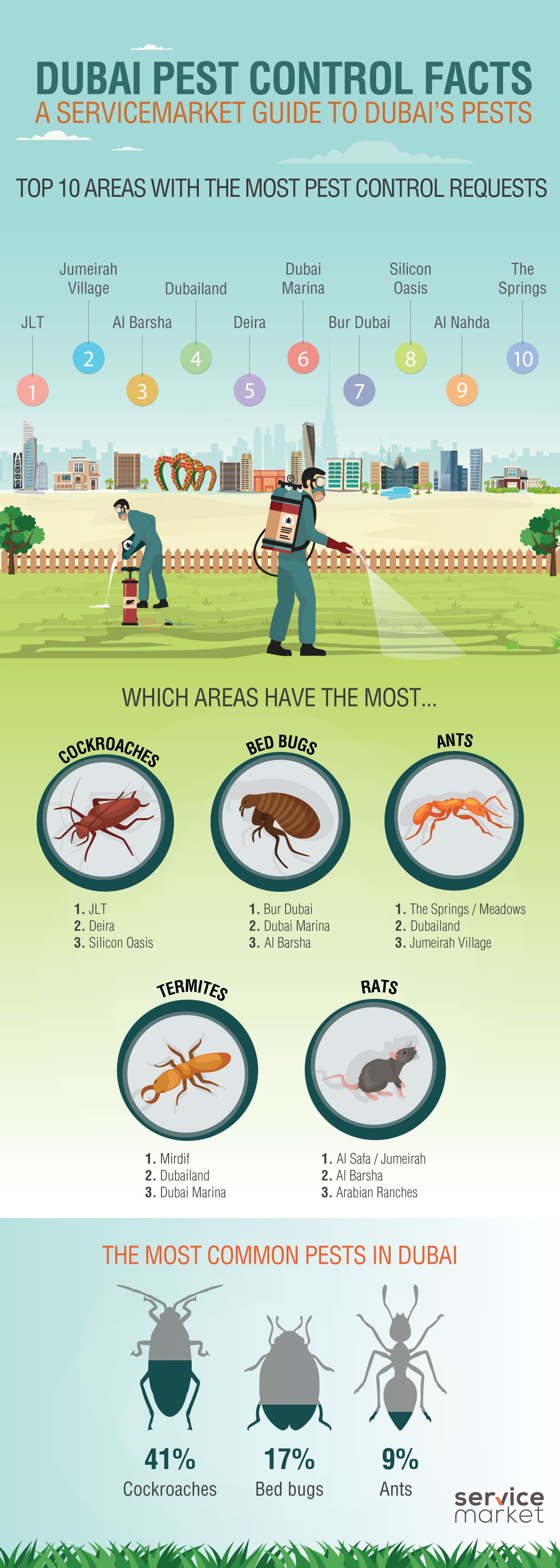Safeguarding Your Garden From Pests: Approaches For A Pest-Free Outdoor Space
Safeguarding Your Garden From Pests: Approaches For A Pest-Free Outdoor Space
Blog Article
Content Composed By-Castaneda Qvist
Picture your garden as a shelter, an area of tranquility and beauty. Nonetheless, the visibility of exterior pests can promptly disrupt this idyllic image. Suppose there were simple yet reliable ways to keep these undesirable site visitors away and shield your yard sanctuary? By adhering to a few practical tips and executing all-natural approaches, you can produce an unified exterior room where your plants can thrive uninterrupted.
Natural Parasite Deterrents
To maintain pests away from your garden normally, plant aromatic natural herbs like mint and lavender. These fragrant plants not just add charm to your yard however also function as efficient bug deterrents. Insects like insects, flies, and also some garden-damaging pests are warded off by the solid aromas given off by these herbs. Simply placing them purposefully around your yard can aid create an all-natural obstacle against unwanted insects.
Along with mint and lavender, consider growing various other herbs like rosemary, basil, and lemongrass to further improve your garden's pest-proofing capacities. These herbs not only function as natural repellents however likewise have the included advantage of serving in cooking or crafting homemade solutions.
Strategic Plant Placement
Take into consideration the format of your garden and the sorts of plants you have to strategically position them for maximum pest-proofing effectiveness.
Begin by organizing plants with similar resistance to bugs together. By doing this, you can create a natural obstacle that prevents bugs from spreading throughout your yard.
Furthermore, putting pest-repelling plants like marigolds, lavender, or mint near even more at risk plants can assist safeguard them. High plants, such as sunflowers or corn, can work as a guard for much shorter plants against pests like bunnies or ground-dwelling insects.
Remember to leave bee pest control near me between plants to enhance air circulation and decrease the danger of diseases that pests might bring.
In addition, take into consideration planting strong-smelling natural herbs like rosemary or basil near susceptible plants to confuse insects' senses and make it harder for them to find their targets.
Effective Parasite Control Techniques
For combating yard bugs properly, applying a multi-faceted parasite control method is vital. Begin by encouraging natural killers like birds, ladybugs, and praying mantises to assist keep bug populaces in check. Introducing plants that attract these useful pests can help in insect control. Furthermore, practicing excellent yard hygiene by getting rid of debris and weeds where bugs might conceal can make your yard much less welcoming to unwanted visitors.
Consider using physical barriers such as row cover materials or netting to shield prone plants from pests like caterpillars and birds. Using organic pesticides like neem oil or insecticidal soap can also work versus certain pests while being less harmful to valuable insects and the atmosphere. It's critical to rotate your plants each season to avoid the build-up of pest populations that target certain plants.
Frequently check your plants for indicators of bug damage so you can act quickly. By integrating these methods and staying vigilant, you can effectively regulate yard parasites and appreciate a thriving, pest-free garden.
Conclusion
So, there you have it - with the ideal strategies, you can keep pesky outside parasites away from your garden and help your plants grow.
Did you recognize that planting mint has been revealed to drive away mosquitoes and other bugs, reducing the need for damaging pesticides by approximately 60%?
By integrating all-natural deterrents and smart planting strategies, you can develop a beautiful and pest-resistant garden oasis for you to delight in.
